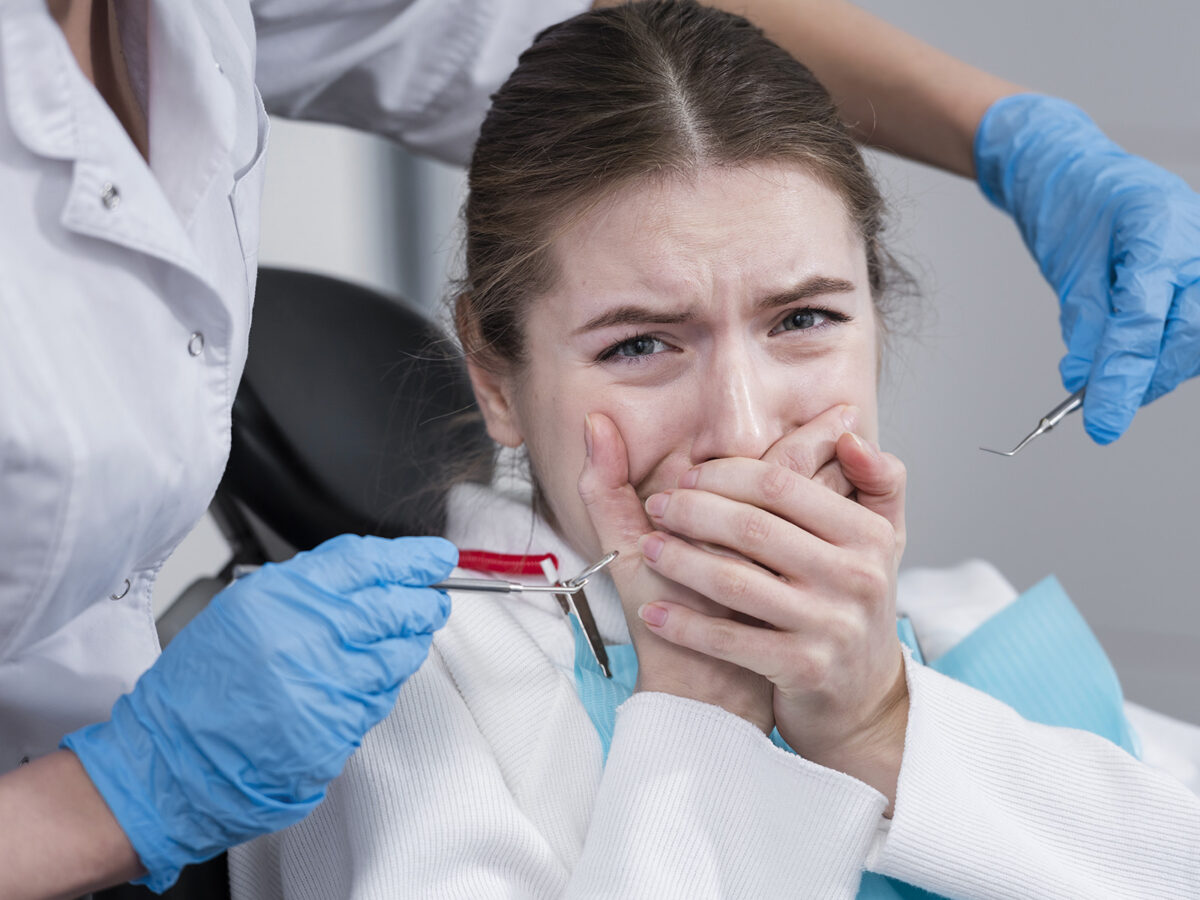Blog
Dental hygiene tips for healthy teeth & gums

What Are The Several Stages of Tooth Eruption?
What is Tooth Eruption?
Tooth eruption refers to the natural process where a developing tooth moves from its original position within the jawbone to its final position in the mouth. This positioning enables the tooth to function correctly for biting and chewing purposes.
Humans are diphyodont, which implies that we have two sets of teeth in our lifetime. The initial or primary set, known as deciduous or baby teeth, starts growing around six months of age. These teeth are replaced by a group of permanent teeth around the age of six, which last a lifetime.
Here are some essential details about the eruption of primary teeth:
- Babies generally start getting their first teeth at around six months of age.
- Girls usually get their teeth before boys.
- Bottom teeth usually appear before top teeth.
- Teeth on both sides of the mouth usually come out in pairs.
- All baby teeth should be present when a child is 2-3.
- Their jaw and facial bones expand as children grow, creating gaps between their baby teeth. This natural process makes room for adult teeth, which usually start around age six and continue until age 12.
Stages of Tooth Eruption
For a tooth to come out, two things are essential: the removal of bone, primary roots, and soft tissues and a force that pushes the tooth along the path of eruption. Teeth come out in three stages: primary, mixed, and permanent phase.
- The first set of teeth, known as the Primary Dentition Stage, emerges around 6-8 months old and continues until 2-3 years of age. This phenomenon is often known as the emergence of baby teeth. These baby teeth remain in the child’s mouth until they age six.
- The mixed dentition stage refers to a period when both baby and adult teeth coexist. At around six years old, the first permanent tooth, commonly known as ‘six-year molars’, appeared. This marks the beginning of the mixed stage, which ends when the last baby tooth falls out at about 10-12 years of age.
- As children grow, they eventually lose all their baby teeth, marking the beginning of the permanent dentition stage. This usually happens between the ages of 10 to 12, when 28 teeth will be present in their mouth. By the time they reach 21, the last teeth, also known as “wisdom teeth” or third molars, will emerge, bringing the total number of teeth in the mouth to 32.
It’s unclear what causes teeth to emerge, but a few factors are believed to contribute. The dental follicle produces signals that may play a role, and the tooth’s root grows and extends, helping to create space in the jaw. The periodontal ligament (PDL) also forms and provides a force that helps push the tooth up and out.
There are various theories on how teeth come out, but some researchers have proposed essential factors that any theory should meet to be valid:
- Teeth are moved in a straight line and at different angles.
- Teeth erupt differently and at varying speeds depending on their stage of development.
- The position of teeth in our mouths is often inherited from our parents.
Harmful Habits That Affect Teeth Growth
- Finger or Thumb Sucking: Sucking on fingers or thumbs can negatively impact the growth of upper front teeth, causing them to stick out due to the imbalance between the outward force of the tongue on the roof of the mouth and the inward pressure of the cheek muscles.
- Tongue Pushing: Children who push their tongue forward habitually exert too much pressure on their upper front teeth, leading to changes in their growth patterns.
- Lip Biting or Sucking: Regularly biting or sucking on the lips, especially the lower lip, can cause excessive pressure from the lips on the lower front teeth, altering their growth trajectory.
Maintaining healthy primary teeth is essential for creating adequate space for permanent teeth to emerge, enabling proper chewing, biting, speech, and an attractive appearance. Sustaining a nutritious diet and practicing daily dental hygiene is crucial to ensure healthy tooth eruption.
